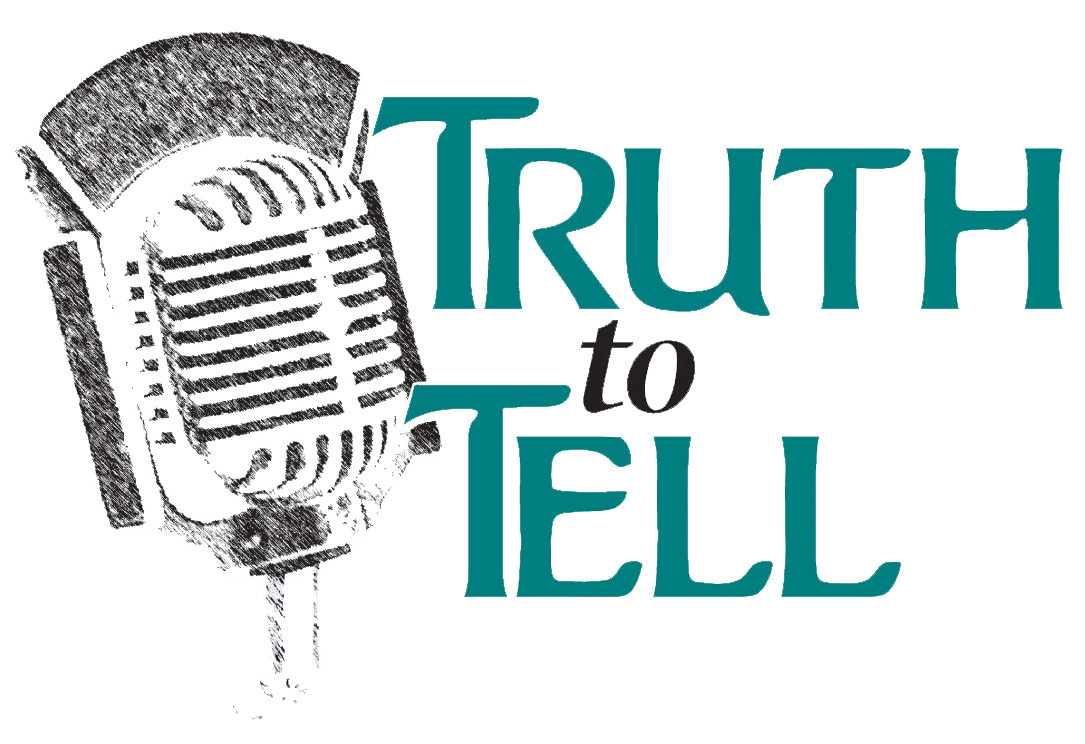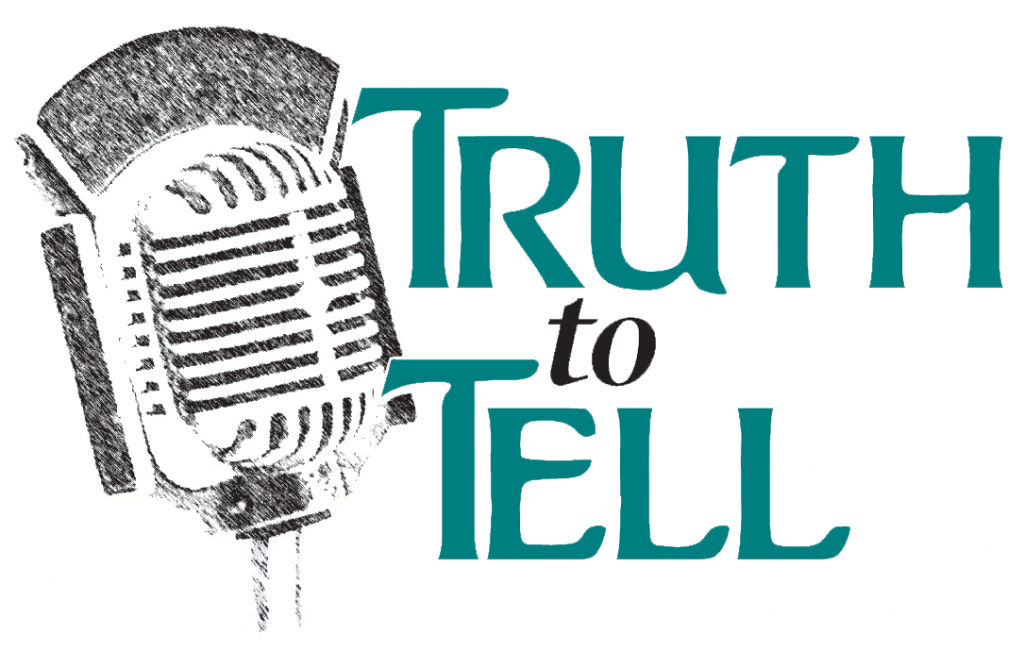ttt1439-september_22_fall_pledge_
In support of KFAI’s pledge drive, we present a very special humor edition of TruthToTell. Log on to www.kfai.org to make a pledge in support of TruthToTell and KFAI.
Bill Maher, Jon Stewart and Stephen Colbert are some of the most well-known political humorists/satirists of our time. But they’re hardly the first writers or performaers to poke fun at poltical leaders. Political satire dates back to late 16th-century England, when William Shakespeare wrote a political satire called Richard III. He fashioned his character after the original Richard III, a tyrant who died on the battlefield, 100 years earlier.
Flash forward another hundred years after Shakespeare and another British lad, William Hogarth, came along with a slightly different brand of political comedy — caricatures and cartoons. His first cartoon, “The Emblematical Print on the South Sea Scheme,” was completed after the stock market crash in England in 1721. It was brazened satire at its finest, mimicking the financial and political corruption of the day that caused the crash.
Modern-day America enjoys political humor in lots of forms, from the long-running Saturday Night Live toThe Onion, the newspaper filled with outlandish stories based on current events. After the 2004 presidential election, the Pew Research Center for the People and the Press found that 21 percent of 18-29 year olds cited The Daily Show and SNL as their primary source of political campaign news.
Political satire seems to have no rules, and why should it? The antics of some of the political characters these days are so beyond the realm of reality that they open themselves up to judgment and public mockery, with subjects and shenanigans too outlandish for a TV drama during sweeps!
Join co-hosts Siobhan Kierans and Professor Tom O’Connell on TruthToTell Monday at 9 a.m. when they talk to Tane Danger and Brandon Boat from the Theater of Public Policy about the new standard of political humor and satire.
 Tane Danger (left) and Brandon Boat of the Theater of Public Policy
Tane Danger (left) and Brandon Boat of the Theater of Public Policy


